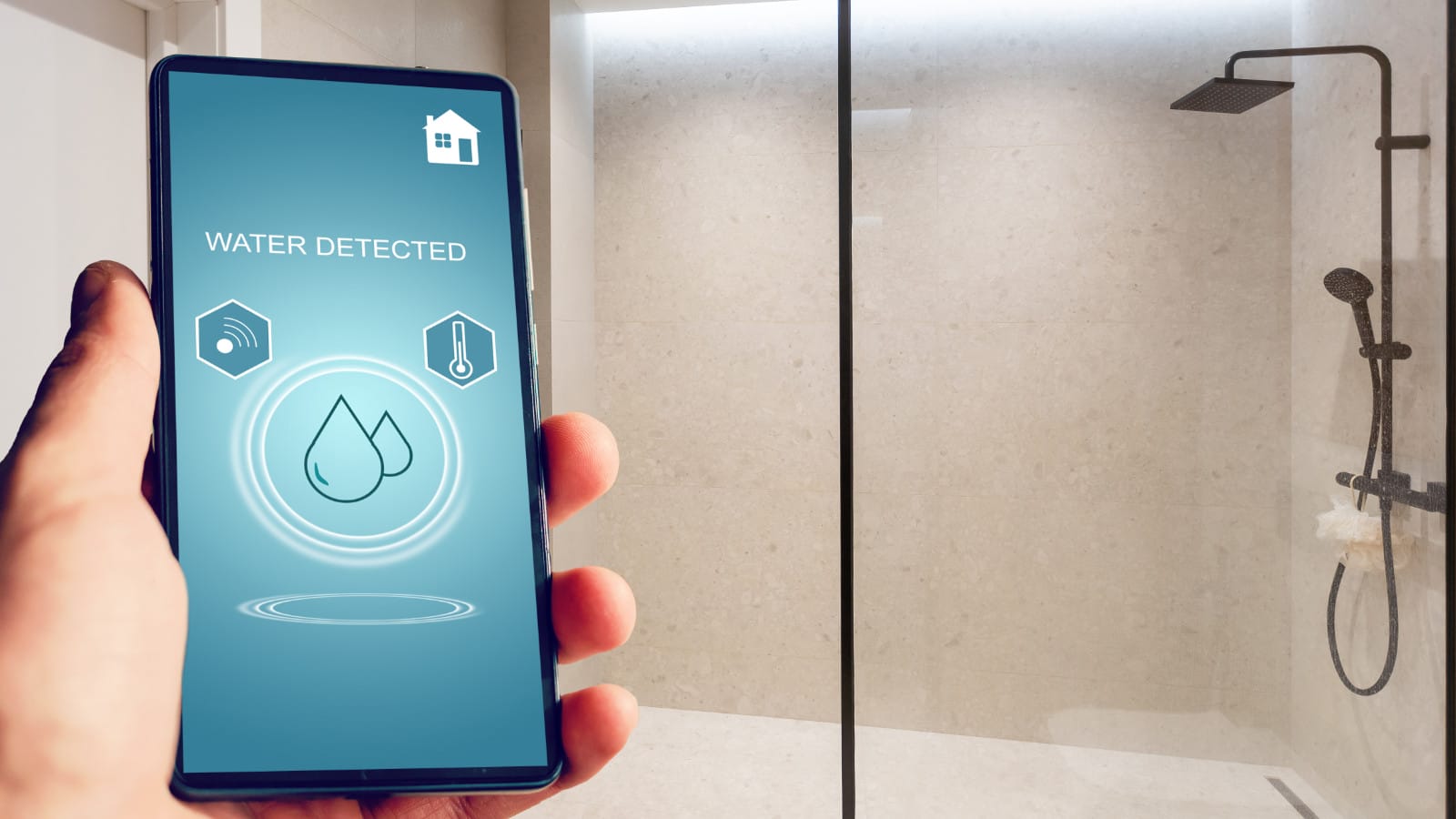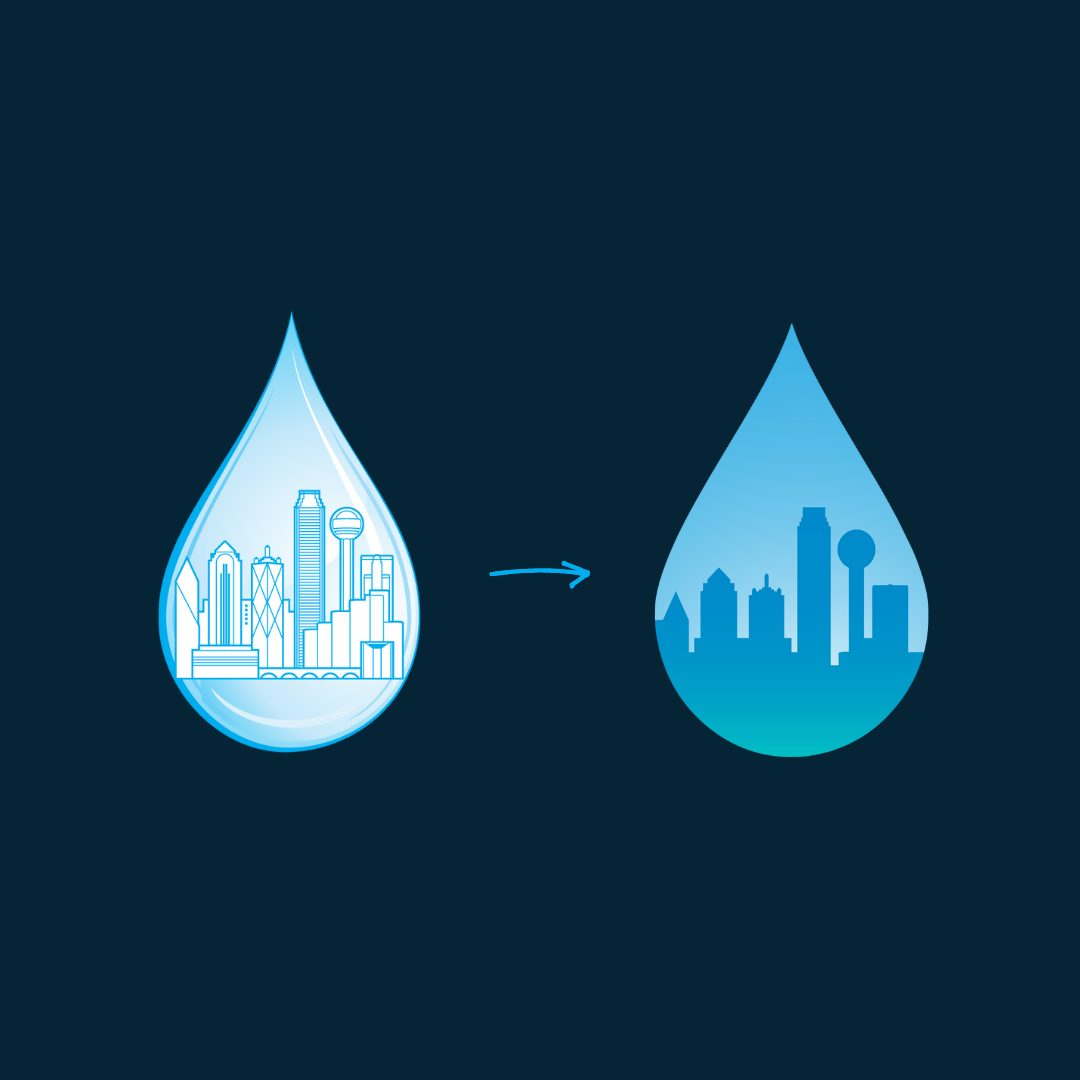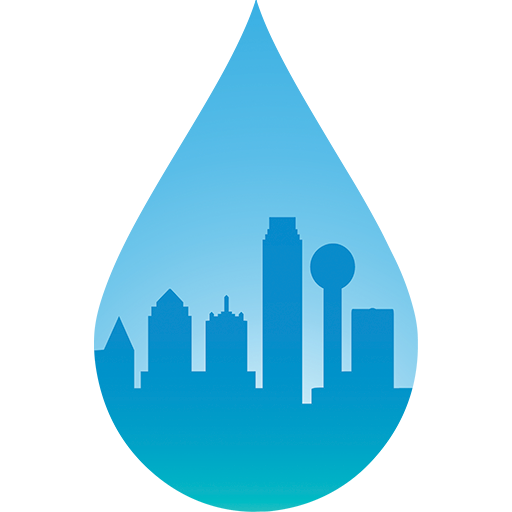The year 2024 is witnessing a surge in plumbing technology, transforming how we manage water and energy resources in our homes and businesses. Gone are the days of leaking faucets and outdated systems. Today’s plumbing industry is embracing cutting-edge innovations that not only improve efficiency and maintenance but also champion sustainability.
Key Insights:
- Intelligent Plumbing Systems: Smart technology takes control, offering precise water usage monitoring and preventing waste.
- Eco-Friendly Materials: New pipe materials like PEX and recycled content options promote environmental responsibility.
- Plumbers: Sustainability Champions: Skilled plumbers, equipped with the latest knowledge, install eco-friendly systems, and guide water conservation efforts.
- Advanced Leak Detection: Modern pipes with leak sensors minimize water loss and potential damage.
- Renewable Energy Heaters: Solar and other renewable energy sources power water heaters, reducing reliance on traditional methods.
- High-Efficiency Fixtures: Low-flow toilets and showerheads are the new standard, saving water without sacrificing performance.
- Sustainable Plumbing Education: Training programs are evolving to equip future plumbers with the skills to build a more sustainable future.
Let’s turn off the tap on inefficiency and explore the exciting world of sustainable plumbing in 2024!
Plumbing Technology: A Beacon of Innovation
The integration of advanced systems in plumbing has revolutionized how water and energy resources are managed. Key innovations include:
- Intelligent Plumbing Systems: The adoption of smart plumbing solutions offers unparalleled control over water usage, preventing waste and ensuring optimal efficiency. These systems can be installed by qualified contractors and may require technicians with expertise in new codes for proper functionality.
- Eco-Friendly Piping: Innovations in piping materials, like PEX and recycled content options, are making plumbing systems more sustainable. These materials are not only better for the environment but also durable and flexible, making them easier to install and less likely to need repairs.
- Automated Leak Detection: New plumbing technologies include systems that can automatically detect leaks. This is a big deal because it means we can fix them before they cause a lot of damage or waste too much water. It’s all about catching problems early and saving resources.
- Energy-Efficient Water Heaters: There’s also a big push towards devices that use less energy. This includes solar and tankless models, which provide hot water only when it’s needed, cutting down on energy use and costs.
Plumbers: Champions of Sustainability
Plumbers are the unsung heroes in the shift towards more sustainable plumbing practices. Their role is critical in:
- Adopting Green Practices: Contractors who specialize in sustainable plumbing can ensure your system meets the latest regulations and utilizes efficient valves. They undergo comprehensive training programs that emphasize sustainability in practices like eco-friendly installations.
- Water Conservation Efforts: Through the installation of high-efficiency appliances, plumbers are essential in reducing water consumption and promoting conservation. When repairing or replacing older fixtures, plumbers can recommend high-efficiency options that comply with local codes.
Pipe: The Lifeline of Modern Plumbing
The choice of pipe materials is crucial for ensuring both the sustainability and effectiveness of plumbing systems.
- Innovative Pipe Solutions: The use of environmentally friendly and durable materials in pipes, like PEX and recycled content options, reduces the ecological footprint and enhances water quality. These innovative pipe solutions may require specialized repair techniques from qualified plumbers familiar with the materials.
- Advanced Leak Detection: Modern pipes are now more frequently equipped with sensor technology that can identify leaks early, conserving water and preventing damage. Early leak detection can save homeowners money on repair costs and potential water damage.
Water Heater: At the Forefront of Efficiency
The evolution in water heating methods represents a significant leap forward in reducing energy consumption while maintaining user convenience. Homeowners and businesses alike are increasingly looking for ways to improve their plumbing infrastructure’s efficiency.
- Renewable Energy Heaters: Solar heaters and other renewable energy-powered models are becoming more common, offering an eco-friendly alternative to traditional methods. These benefit the environment but can also potentially lead to lower water bills through reduced energy use.
- On-Demand Heating: Tankless heaters have gained popularity for their ability to provide hot water as needed, minimizing energy waste. This innovative technology eliminates the need for a large storage tank, freeing up valuable space and simplifying the installation process for qualified plumbers.
Plumbing Fixtures: Innovating for Conservation
Today’s plumbing fixtures are designed with water savings in mind, without sacrificing functionality. These advancements play a crucial role in promoting sustainability within homes and businesses.
- High-Efficiency Models: Low-flow toilets, faucets, and showerheads are now standard, reducing water usage across residential and commercial settings. Commercial plumbing businesses can leverage these to help clients reduce their environmental impact and potentially lower their water bills.
- Smart Fixture Integration: Embedding smart technologies in fixtures facilitates automated water conservation and timely leak intervention. This integration with technological advancements can offer homeowners peace of mind and contribute to overall water savings.
Toilet and Faucet: Enhancing Hygiene and Efficiency
The evolution in toilet and faucet design focuses on both environmental sustainability and user health.
- Hygiene-First Designs: Touchless technology not only saves water but also promotes better hygiene by reducing contact points. This focus on user health aligns perfectly with the growing demand for sanitary plumbing solutions.
- Water-Saving Innovations: The latest models are more efficient than ever, using minimal water to achieve the same level of cleanliness and functionality. Thay demonstrate the plumbing industry’s commitment to both environmental responsibility and user satisfaction.
Diploma in Plumbing: Educating the Next Generation
Educational programs have evolved to meet the industry’s need for skilled professionals knowledgeable in the latest sustainable practices. Plumbing technology programs, like those offered at Thaddeus Stevens College, equip future plumbers with the skills necessary to install and maintain these innovative systems.
- Sustainability-Centric Curriculum: Plumbing tech programs now include extensive training in green technologies and sustainable methods. This ensures graduates are prepared to navigate the evolving landscape of plumbing codes and contribute to a more sustainable future.
- Professional Certification: Certifications specific to sustainable plumbing practices are increasingly important, showcasing a plumber’s commitment to environmentally friendly installations. When choosing a plumbing business, consider inquiring about their plumbers’ certifications to ensure they are up-to-date on the latest innovations.
Water-Saving and Greywater Recycling: Towards a Circular Water Economy
Emphasizing technologies that save water and promote the reuse of greywater is central to the industry’s commitment to sustainable water management.
- Innovative Water Solutions: The introduction of products designed for the water economy or the repurposing of greywater for non-potable uses is key in advancing environmental stewardship. These solutions, whether it’s rainwater harvesting systems or efficient irrigation methods, can significantly reduce the strain on our freshwater resources.
- Broader Community Benefits: These initiatives extend benefits beyond individual settings, contributing to the well-being of communities and the global environment. By adopting sustainable plumbing practices, we can conserve precious water resources for future generations and promote a healthier planet for all.
Eligible for a Sustainable Transformation
The transition to sustainable plumbing practices is imperative for the health of our planet. Homeowners, businesses, and plumbing professionals all have a role to play. Homeowners can make informed decisions when choosing water-efficient appliances and fixtures.
Businesses can invest in sustainable plumbing infrastructure, and plumbing professionals can stay up-to-date on the latest advancements and install these systems with expertise. By prioritizing conservation and sustainability in our plumbing choices, we can collectively make a significant difference.
Take Action Today: Chart Your Course Towards Sustainable Plumbing
As we’ve seen, the plumbing industry is experiencing a surge of innovation focused on efficiency and environmental responsibility. Embracing these trends not only benefits your wallet through reduced water bills but also contributes to a more sustainable future. So, how can you get involved?
- Homeowners: Consider contacting a qualified plumber to discuss water-saving upgrades for your home. Explore options like low-flow toilets and showerheads, or even a greywater recycling system if permitted by local codes.
- Businesses: Partner with a plumbing professional specializing in commercial installations to identify opportunities to improve your water efficiency. Investing in sustainable plumbing practices can not only benefit the environment but also enhance your brand image.
Together, we can make a difference! By working collaboratively, consumers, businesses, and plumbing professionals can ensure sustainable plumbing becomes a reality, leaving a lasting positive impact for generations to come.





